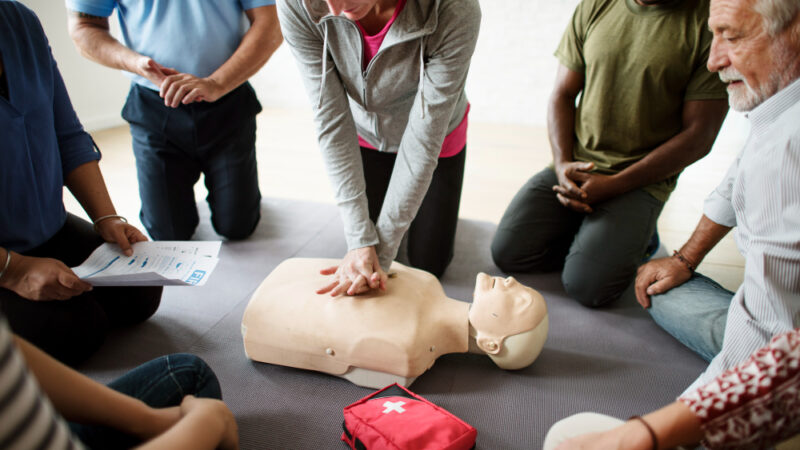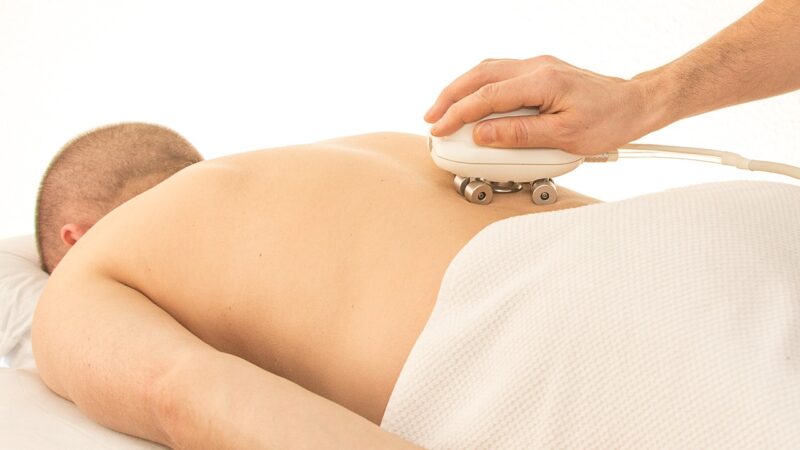Hay Fever: Causes, Symptoms & Treatment

Whether you have been diagnosed with having hay fever, either recently or a few years ago or more, or else a loved one is showing signs of having hay fever, then you will no doubt want to know how to minimize the effects of the issue.
Hay fever is often seen as simply a minor inconvenience to an individual, but it can start to impact your daily life substantially, so here, for your information, are some key facts about the causes, symptoms, and available treatment options for hay fever.
What Is Hay Fever?
Hay fever is essentially caused by a response of an allergic nature to either indoor or outdoor dust mites, pollen, animal saliva or fur, or even dust mites. Hay fever, otherwise known as allergic rhinitis, is never caused by a cold or virus, although someone experiencing a bout of hay fever may well experience cold-like symptoms.

Key Symptoms Of Hay Fever
The easiest way to ascertain whether or not you are experiencing hay fever, aside from seeking the professional diagnosis of a medical doctor, is to ask yourself if you regularly experience the following symptoms and signs:
- A seemingly continuous dripping from your nose
- An itching sensation in your throat, around the roof of your mouth, or on the inside of your nose
- Sneezing repeatedly
- Nasal congestion and/or a runny nose
- Tiredness and fatigue during the day
- Blue or swollen skin under and around the eyes
- Coughing continuously
- Itchy, watery, or red and raised eyes
If you leave the above symptoms and signs of hay fever unchecked, you are likely to experience more than one problems, which are most commonly associated with hay fever, including but not limited to a worsening level of asthma, ear infections, poor and interrupted sleep, sinusitis and overall reduced quality of life.
Home Treatment For Hay Fever Symptoms
If you seem to be experiencing sporadic bouts of the above signs and symptoms of hay fever, then there is a myriad of ways to attempt to both prevent these symptoms and also minimize the symptoms of hay fever at home without seeking professional help and advice from your medical doctor.
Such home remedies for the onset of hay fever can include:
- Change your clothing and shower or bath after being outside in the summer
- Vacuuming the entire house more regularly than you would normally
- Wearing sunglasses outside
- Keeping doors and windows shut in the summer months
- Investing in a good quality pollen filter for your car
Professional Help For Hay Fever
By far, the most advisable course of action if you seem to be experiencing regular bouts of hay fever is to consult a prestigious and established medical facility, such as Cross Timbers ENT, who will be able to ascertain the severity of your hay fever signs and symptoms.
The most likely treatment you will be suggested for if your signs and symptoms of hay fever refuse to abate is immunotherapy, which works by slowly and methodically being given tiny amounts of pollen, either in tablet or injection form, to steadily build your immunity.






